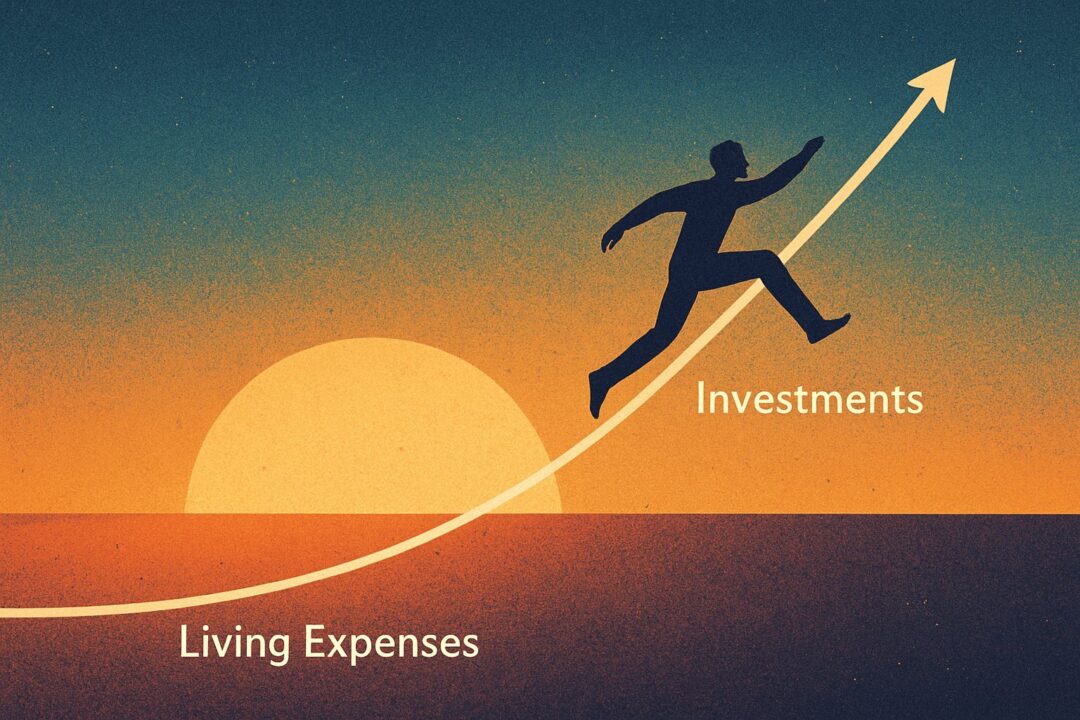There was a time when every ambitious startup dreamed of ringing the bell at the NYSE. An IPO was the crowning achievement—proof you’d made it, and a gateway to the kind of capital that could fuel global expansion.
But that era is fading. The landscape for startups and public markets has changed dramatically, and so have the incentives. Today, many startups are skipping the IPO entirely, opting instead for quiet acquisitions or long, private lives. The public markets—once where innovation went to scale—are now often just where investors go to cash out.
The New Startup Lifecycle: Stay Private, Get Bought
The modern startup no longer sees the IPO as a necessary milestone. Why would it?
- Private capital is abundant. Venture capital, private equity, and corporate funds are overflowing with money. Companies can raise billions without ever going public.
- Big Tech is buying everything. The “Magnificent Seven” (Apple, Microsoft, Google, Amazon, Meta, Nvidia, Tesla) are so large, so rich, and so powerful that they can—and do—buy up promising startups long before those companies ever hit the public eye.
- The IPO is now an exit, not a beginning. For many companies, going public isn’t about raising growth capital. It’s a way for early investors and insiders to sell shares and move on. Retail investors are often left holding overpriced stock with little remaining upside.
How We Got Here
This shift didn’t happen overnight. It’s the result of multiple forces converging:
1. The Rise of Mega Tech
Tech giants have become so dominant that they now act as gravity wells, pulling in promising startups before they become threats. In earlier eras, YouTube, Instagram, and WhatsApp might have gone public. Instead, they were bought and folded into larger platforms.
This is a feature of today’s ecosystem: startups are often built to be acquired, not to grow independently.
2. Too Much Private Capital
The explosion of private investment—especially post-2008—has changed everything. There’s more than enough money to fund a company through multiple rounds of growth without ever tapping the public markets.
Secondary markets (like CartaX or Forge) even allow insiders and employees to sell shares privately, reducing the need for public liquidity.
3. The Public Market’s Increasing Burdens
Going public brings with it SEC scrutiny, quarterly earnings pressure, legal exposure, and endless demands for transparency. It’s expensive and limiting—especially for founders used to control and speed.
For many, the costs of going public outweigh the benefits.
4. The “Late and Loaded” IPO
When companies do go public now, it’s often after years of private growth. They’re mature, richly valued, and far past their highest growth curve. This leaves little upside for public investors—and plenty of risk if the company stumbles.
In short: by the time most IPOs happen, the real money has already been made.
What We’re Losing
This new model has winners—founders, VCs, Big Tech—but also clear losers:
- Retail investors miss out on early-stage growth.
- The public markets are starved of dynamism and innovation.
- The broader economy becomes more concentrated and less competitive, as tech giants absorb would-be challengers before they can stand alone.
A Glimpse of the Future: Private Forever?
Here’s the twist: not only are startups avoiding public markets—some of the most important companies in the world may never go public at all.
- OpenAI has reshaped the global AI race while remaining a private, hybrid-capital structure.
- Twitter/X, under Elon Musk, was taken private—and shows no signs of returning.
- Other major companies like Stripe, Epic Games, and SpaceX are deeply entrenched in private capital, with no urgency to IPO.
In this future, the most powerful and innovative companies may remain private indefinitely, accessible only to insiders and institutions. Meanwhile, aging publicly traded companies, stripped of growth and agility, may fade into irrelevance—financial husks kept alive by ETFs and passive flows.
Final Thoughts
We’re witnessing a structural shift in capitalism. The IPO is no longer a gateway to growth—it’s a soft landing for insiders. Innovation is moving behind closed doors, and the public markets are increasingly a place of exit, not entry.
If the biggest, best, and most dynamic companies are no longer accessible to the public, what does that mean for wealth creation, economic mobility, and the future of markets?
The old dream of building a company, taking it public, and sharing the rewards broadly is slipping away. The question now is: can we build a new model that balances innovation, inclusion, and long-term value—or will the public be left behind?
Discover more from Brin Wilson...
Subscribe to get the latest posts sent to your email.



